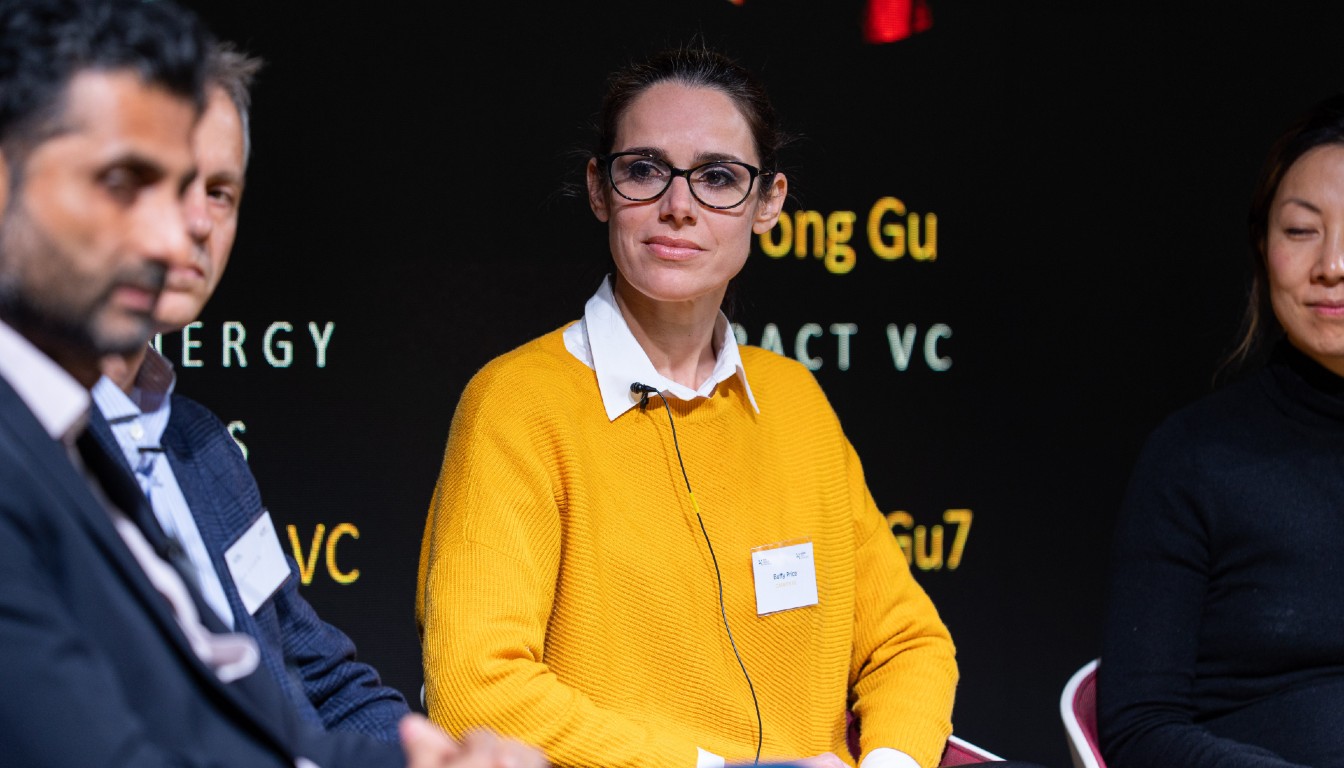OPINION: by Buffy Price, Co-Founder, Carbon Re
With Ed Miliband as Secretary of State for Energy Security and Net Zero and Chris Stark leading the UK clean energy taskforce, the new Labour government is demonstrating that they are serious about delivering their manifesto pledge to make the UK a global leader on climate change and net zero.
The urgency of addressing climate change is undeniable and this clear commitment is, of course, welcome. But reaching our net zero targets will require an overhaul of all areas of our economy, particularly in the energy-intensive foundation industries, such cement, steel and glass, which account for 20% of global greenhouse gas emissions. In the UK, the cement industry accounts for 1.2% of the UK’s total emissions (8% globally) from the 8 million tonnes of cement it produces per year to build our homes, schools, roads, offices and hospitals. Manifesto pledges to unlock restrictions on national infrastructure projects and building 1.5 million new homes in England over the course of this parliament are unlikely to see the demand for these foundation materials fall, so we will be keeping a close eye on how and in what ways the government delivers on energy efficiency in this space.
The new £7.3 billion National Wealth Fund announced by Chancellor Rachel Reeves on 9 July is set to support the most energy intensive sectors to decarbonise – specifically focusing on steel, with a £2.5bn investment over a decade, and £1bn for decarbonising industrial clusters with specific references to carbon capture and hydrogen technologies. This fund represents a significant opportunity for businesses to de-risk the implementation of new technologies, providing additional incentives for innovation in these critical areas; however these investments are unlikely to have the necessary short-term impact on emissions unless the government also prioritises existing solutions that can be scaled today.
A significant cornerstone of Labour’s manifesto for Carbon Re, as an Industrial AI company, is the integration of Artificial Intelligence (AI) into its Industrial Strategy. Announcements this week that the Department for Science, Innovation and Technology (DSIT) is expanding in scope and size and bringing the Government Digital Service (GDS), Central Digital and Data Office (CDDO) and Incubator for AI (i.AI) together under one department will unite these digitalisation efforts. However, the current focus is on the use of data and AI to deliver better public services and we ask the government to put much more emphasis on AI for energy efficiency. With appropriate resourcing, the climate impact of AI solutions in energy-intensive industries can be achieved at speed and at scale and with low or zero CapEx. For example, Carbon Re’s technology has the capability to reduce fuel-derived carbon emissions from cement production by up to 10%.
To enable the global success of companies like ours, Labour’s pledge to support ClimateTech companies is also key. By providing financial and regulatory support and certainty, the government aims to accelerate the development and deployment of technologies that can mitigate the environmental impact of industrial activities. This support is vital for fostering a vibrant ecosystem of ClimateTech startups and established companies dedicated to sustainability.
The Labour Government’s comprehensive approach to industrial decarbonisation, as outlined in their manifesto commitments, sets a strong foundation for the UK’s transition to a sustainable future. With leaders like Ed Miliband MP, Chris Stark and Peter Kyle MP at the helm, we are hopeful that the UK’s journey to net zero by 2030 could be an achievable goal – but this is no time for complacency.
Time is running out for climate change action and we want to see even greater ambition and more focus on the solutions that can scale and have impact today.
About Carbon Re:
Carbon Re is an Industrial AI company on a mission to reduce carbon emissions by gigatonnes every year through the use of AI technology. A joint spin-out of Cambridge University and UCL, it is focusing on decarbonising cement and other foundational materials (such as steel and glass) which are responsible for more than 20% of global emissions. Carbon Re uses machine learning to optimise fuel use and quality in cement production.



